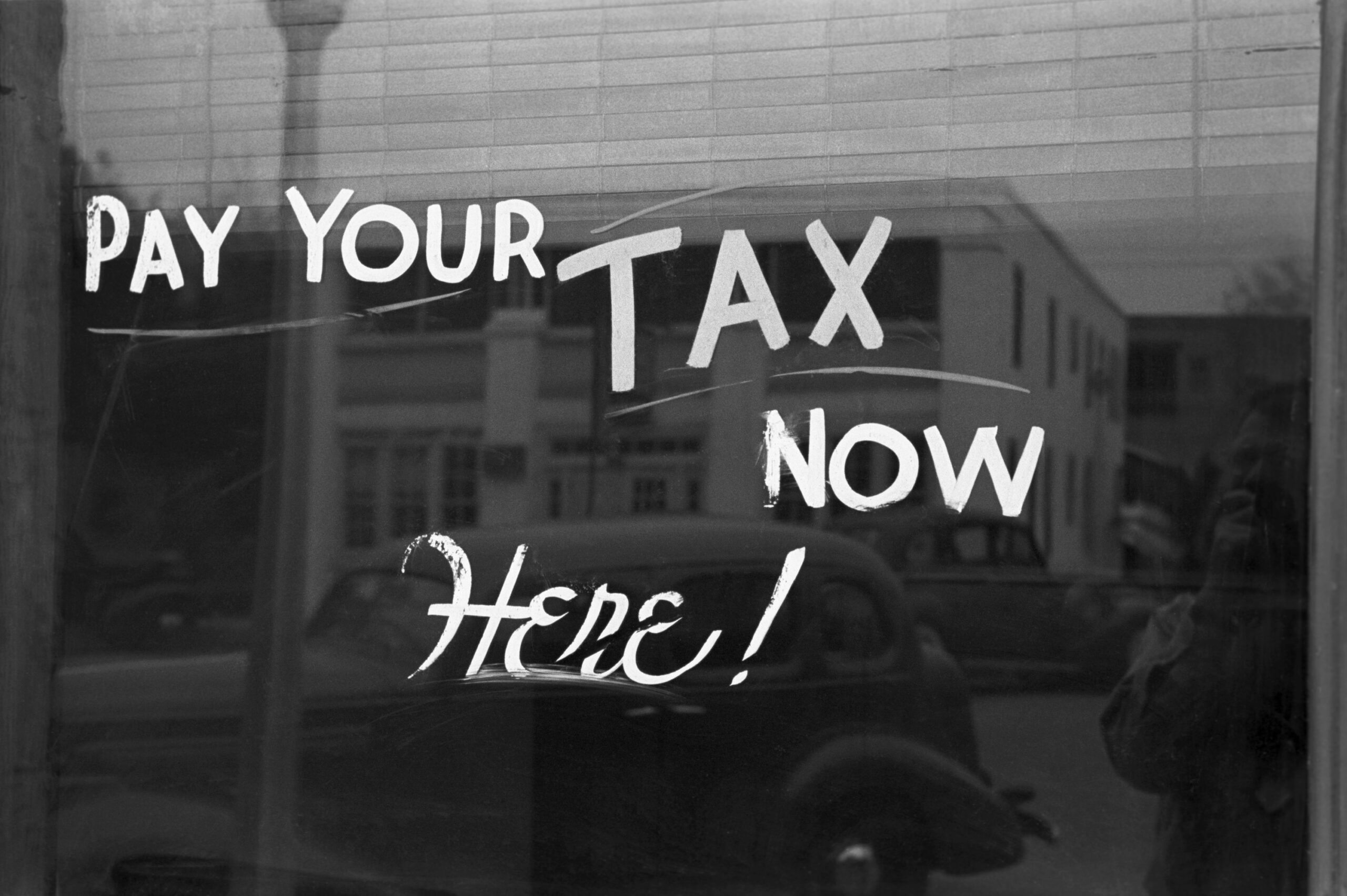In 2013, HM Revenue & Customs (HMRC) announced a new nationwide campaign, targeting residential property landlords who were not declaring their rental income to the taxman.
The Let Property Campaign is a way for anyone who has income from letting out a residential property to put their tax affairs in order. Unlike most campaigns run by HMRC, there is no end date.
To participate in the Let Property Campaign an individual must have rental income to declare to HMRC. Many people do not notify HMRC of the fact that they have rental income as often by the time the costs and mortgage have been deducted from the rental income there is little if any profit. However, people are not aware that regardless of whether they make a profit or not, rental income needs to be declared to HMRC and the person should have registered for self-assessment and declared the profit (or loss) on their tax return.
The LPC is not just about putting an individual’s tax affairs in order relating to the rental income, but you must also declare any other undisclosed income. Therefore, if someone who is self-employed has also not declared all of their income from self-employment, they should use the LPC to regularise all of their tax affairs.
How can you take part in the Let Property Campaign?
The process is that HMRC are notified (by either the individual or their advisor) that the individual wishes to take part in the LPC and HMRC write to them with a reference number and allow the individual 3 months to complete the disclosure. This is called an unprompted disclosure in that the individual volunteers to HMRC that they wish to declare rental income.
Periodically HMRC also obtain information regarding housing benefit or from letting agents (HMRC have the legal power to force local authorities or letting agents to provide this information) and HMRC will write to the individual to whom the rent is paid and invite them to take part in the LPC. This is called a prompted disclosure and has a higher penalty than unprompted disclosures.
When the form is received by HMRC they are entitled to ask questions, we have found that providing good information is provided to HMRC with the LPC form then they generally get accepted.


